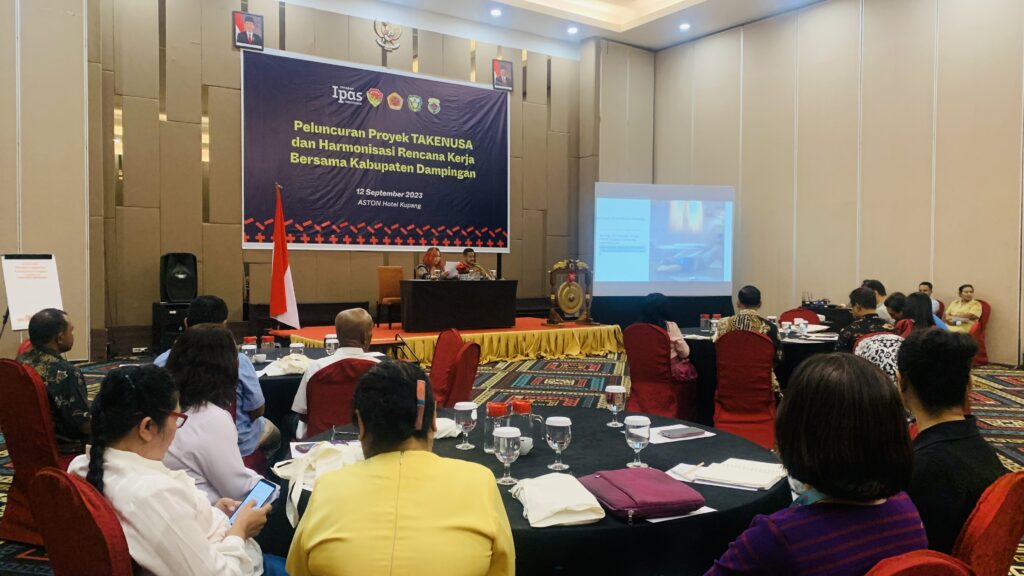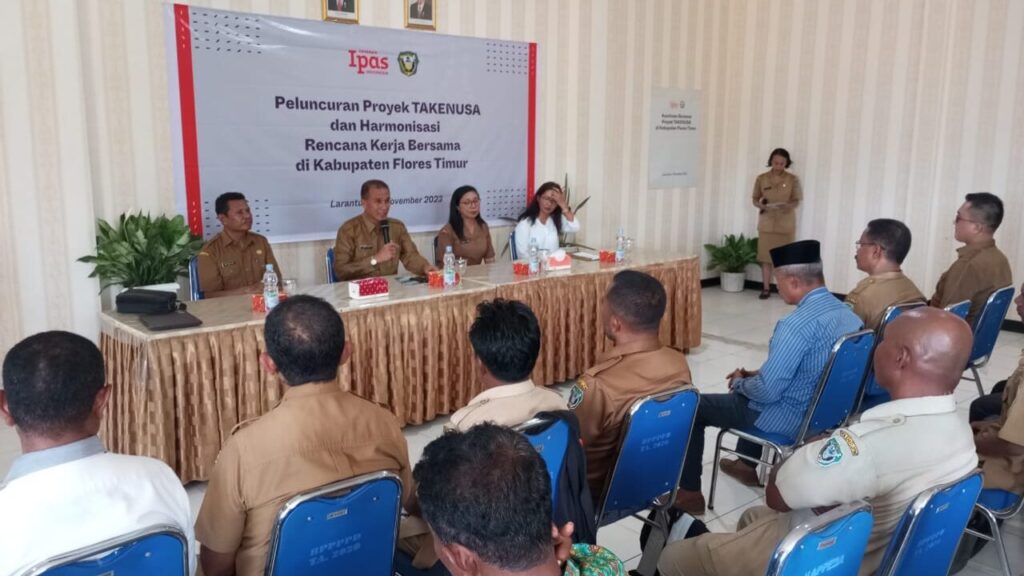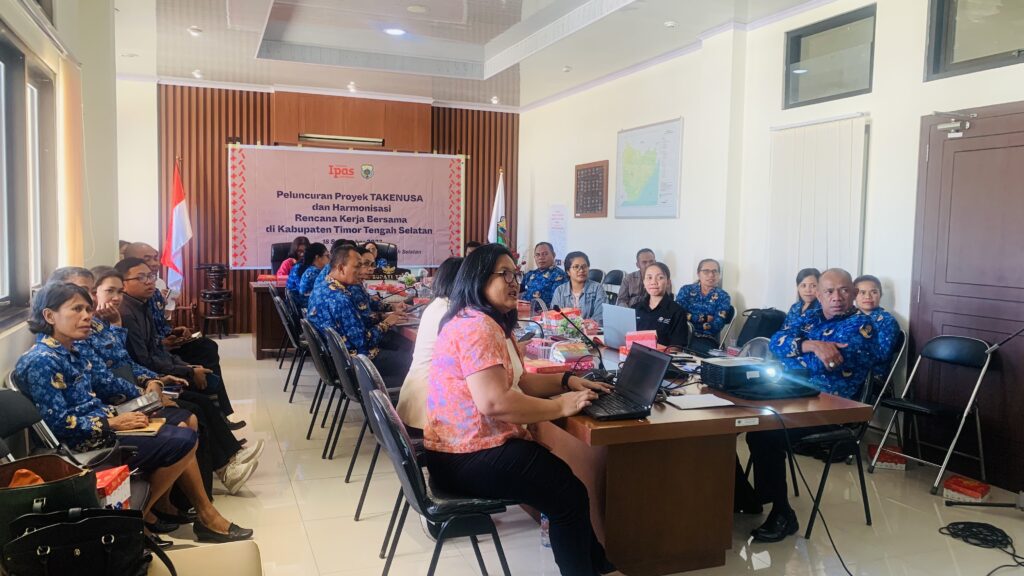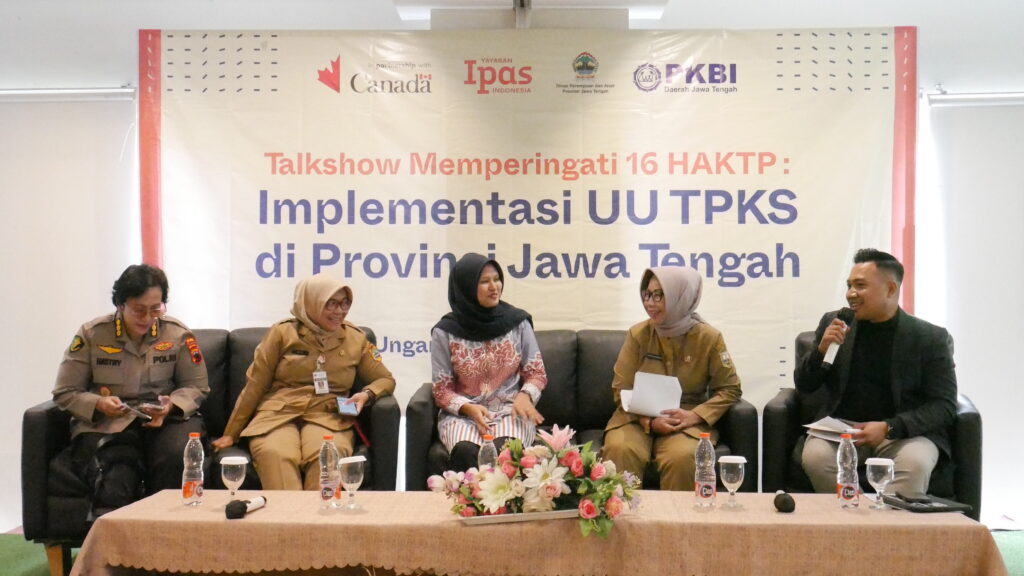On September 13, 2023, the TAKENUSA Project (Tekad BersamA UntuK PErempuan NUSA Tenggara Timur) was launched in Kupang District, East Nusa Tenggara. The 4-year project, which was jointly initiated with the Indonesian Initiative for Change in Access to Health (IPAS) Foundation, aims to support the efforts of the East Nusa Tenggara (NTT) Provincial Government in reducing the Maternal Mortality Rate (MMR).
Overall, the TAKENUSA Project was conducted in 3 regions: Kupang District, South Central Timor District, and East Flores District. In collaboration with relevant agencies and primary and secondary health facilities, TAKENUSA aims to strengthen the provision of Comprehensive Postnatal Care (CPR) services, increase access to rights-based family planning services, and provide information and access to reproductive health information and education that is appropriate to the needs of women and adolescent girls. At the same time, TAKENUSA will work with other NGOs to strengthen cadres in the community. Ultimately, it is hoped that women and adolescent girls will have the information, education and skills to utilize quality and reliable reproductive health services.
Head of BP4D Kupang Regency, Juhardi David Selan, welcomed TAKENUSA, which will be implemented during the same period as NTT’s Regional Development Plan (RPD) 2024-2026. “The TAKENUSA project contributes well to the reduction of maternal and infant mortality rates and the reduction of stunting in Kupang Regency, so cross-sectoral cooperation in government, religious leaders, traditional leaders, and others has an important role in the success of this project,” he said.
In her opening remarks, the Executive Director of IPAS Indonesia, Dr. Marcia Soumokil, MPH, emphasized that women’s and adolescent girls’ reproductive health is an issue we all share. “It is very important to provide comprehensive and complete information and education, according to the needs of women and adolescent girls,” she said. Equally important is to work together with the closest environment such as family, community, community leaders, and religious leaders in order to create an environment that allows women to make the best decisions for their reproductive health.
The TAKENUSA project will contribute in particular to ensuring that “the decline in morbidity and mortality of women due to reproductive health problems can be prevented. One of them is by maintaining pregnancy spacing,” said Dr. Marcia. She also expressed her appreciation to the Kupang District Government for accepting the TAKENUSA Project. The cross-sectoral working model that will be used by this project is expected to strengthen the existing structures and mechanisms in Kupang District to respond to the challenges of reducing MMR which can then contribute to the quality of a healthy and stunting-free younger generation.



